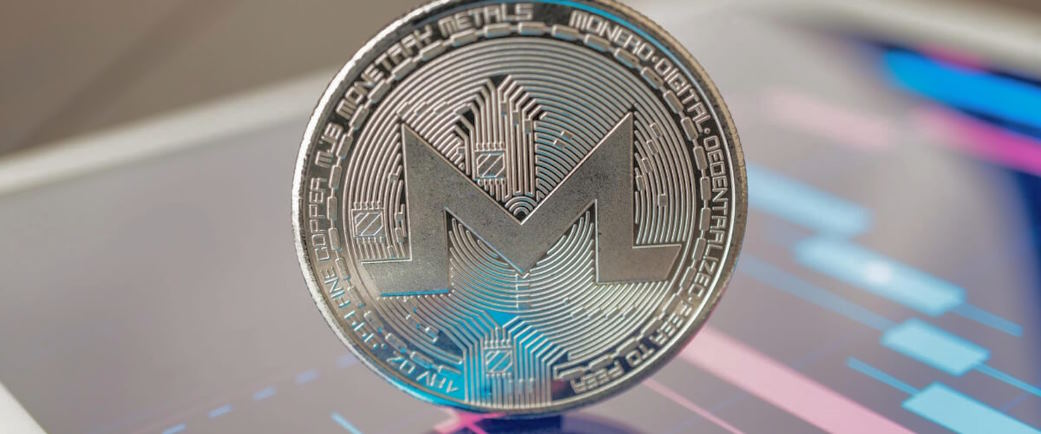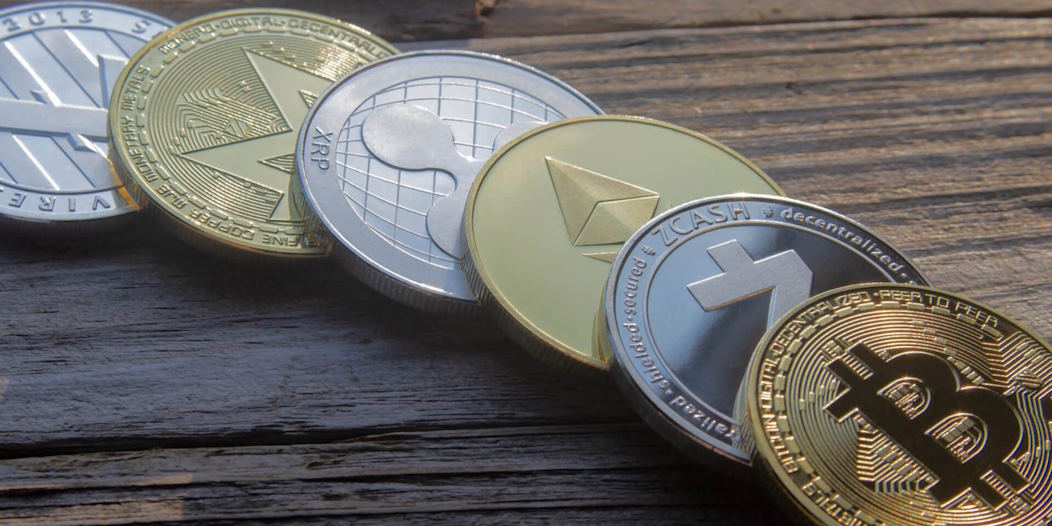It’s not a secret that Bitcoin frequently occupies the spotlight as the trailblazer and quintessential representation of digital currency. Nevertheless, outside the realm of Bitcoin, a flourishing ecosystem of digital assets has materialized, each endowed with its distinctive attributes, roles, and objectives. These digital counterparts to Bitcoin, popularly referred to as “altcoins,” actively contribute to the dynamic panorama of the crypto world.
Several unique features of altcoins
Certainly, alternatives to Bitcoin currencies exhibit numerous distinctive traits, setting them apart from the original cryptocurrency. Let’s delve into a few noteworthy distinguishing features of altcoins:
Specialized Use Cases
Numerous altcoins are intentionally crafted to serve particular purposes, whether it be bolstering privacy, enabling smart contracts, or expediting transaction processing. For instance, Monero places a premium on heightened privacy, while Litecoin’s emphasis lies in accelerating confirmation times.
Privacy Features
Some altcoins, like Monero (XMR) and Zcash (ZEC), prioritize privacy by using advanced cryptographic techniques to obfuscate transaction details, making it difficult to trace sender and receiver addresses.
Forked Coins
Certain altcoins originate from the “forking” of established blockchain networks like Bitcoin. Instances of this include Bitcoin Cash (BCH) and Bitcoin SV (BSV), each introducing distinct block sizes and transaction processing speeds.

Consensus Algorithms
Altcoins often experiment with different consensus algorithms. While Bitcoin primarily uses proof-of-work (PoW), altcoins like Cardano (ADA) and Algorand (ALGO) employ proof-of-stake (PoS) and other consensus mechanisms.
Smart Contracts
Altcoins like Ethereum (ETH) are designed to support smart contracts, self-executing agreements with predefined rules. These enable the creation of decentralized applications (DApps) and complex transactions beyond simple payments.
Governance Mechanisms
Some altcoins incorporate governance features that allow token holders to participate in network decisions. It includes voting on protocol upgrades and changes, as with governance tokens like Maker (MKR).
Cross-Chain Compatibility
Certain altcoins aim to bridge different blockchain networks, enhancing interoperability and enabling assets to move seamlessly between blockchains. Polkadot (DOT) and Cosmos (ATOM) are notable examples.
Experimental Features
Altcoins often serve as experimental grounds for testing new technologies and features. These experiments can lead to innovations that benefit the broader cryptocurrency ecosystem.
It’s essential to recognize that the cryptocurrency landscape is exceedingly fluid, marked by the continual emergence of novel altcoins boasting innovative attributes. Consequently, the distinctive traits of altcoins can undergo rapid evolution, fueled by the ceaseless experimentation and boundary-pushing efforts of developers and communities within the blockchain technology sphere.

